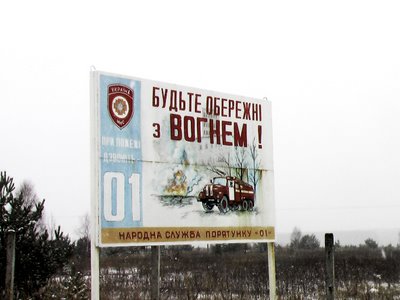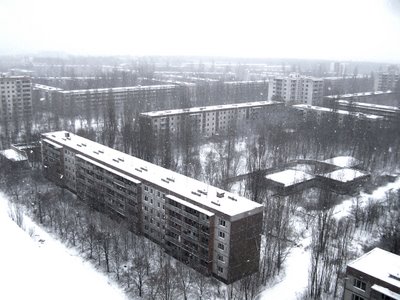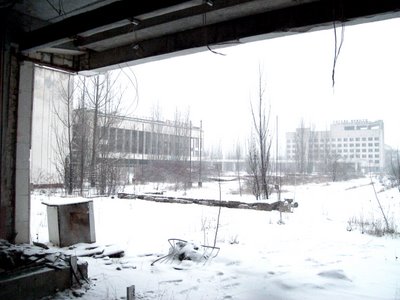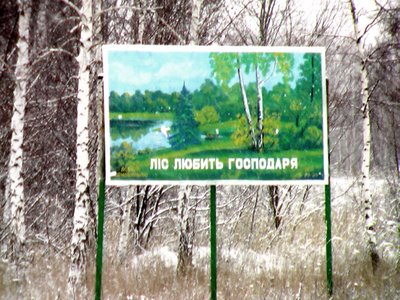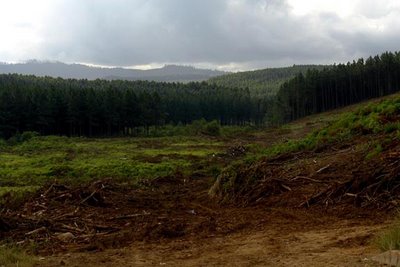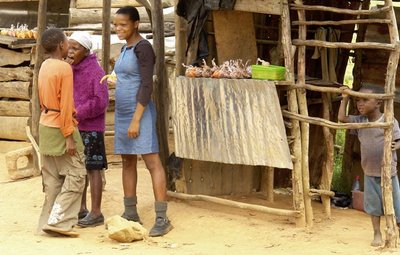
Thousands of anti-nuclear activists and environmentalists alike gathered in Sinop on Saturday for a peaceful demonstration against the planned nuclear power plant that the government say will be built on the Ince peninsula. It was an inspiring weekend in Turkey, a weekend where a group of people, who care not only about their own country, but about the world as a whole, took to the streets and committed their time to making a stand against their own government while supporting the locals in their battle against Turkey's nuclear aims. One journalist there told me of how in his opinion there is no energy crisis in Turkey, but they are clouded in their vision by industrialisation of any type at any cost.

The convoy carrying activisits from all over Turkey was greeted with smiling faces and welcoming waves as it rolled into town. Those who did not know about the nuclear ambitions of their government became better informed, which may add some value to stopping the Turkish government from building a nuclear power plant in one of the country's most bio-diverse areas. The landscape we passed was breath-taking and rich in flora and wildlife.
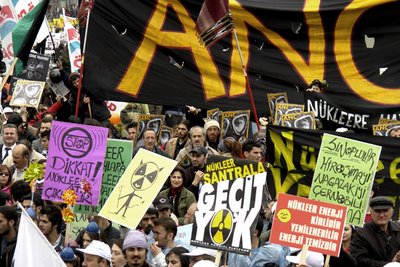
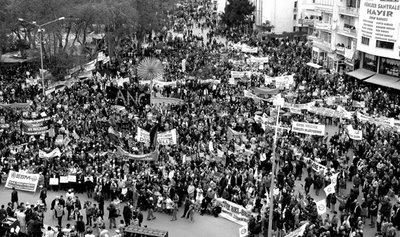
Up to 10,000 people marched through the Black Sea fishing village of Sinop in protest of the government's plans to build the plant not far from the town. The rally marched through the streets and congregated in the town square shouting anti-nuclear slogans and sang environmentalists songs. Members of the main opposition party CHP were present, although no representatives of the ruling Justice and development Party (AKP) came.

Residents joined Turks, who had traveled from all over Turkey, and marched through the streets in protest of the government's nuclear plans. Buses traveled from Istanbul and Ankara carrying many NGOs such as "The Greens" and "Anti-Nuclear Platform". The trip was organised by the Chamber of Electric Engineers (EMO). The event was a peaceful one with low police presence on the ground – all demonstrators passed through a check point before entering the town square.


Following a meeting on April 14, of Turkey's top energy officials and representatives of 14 firms, statements circulated in the Turkish media that the government had confirmed Sinop as the site of where the new nuclear plant is to be built. Turkish Prime Minister Recep Tayyip Erdogan was quoted by the Turkish media on April 14 as saying the Black Sea coastal town of Sinop was "the one".



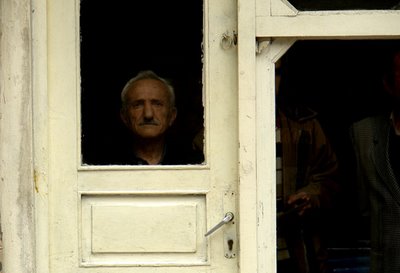
Sinop has been chosen from eight possible locations based on a list of criteria which include seawater temperature, climate, wind and general weather conditions, according to Turkey's Atomic Energy Agency (TAEK).
TAEK's president, Oktay Cakiroglu, announced on April 14 in a speech to a parliamentary commission that technical studies conducted countrywide had shown Sinop to be a good location to build the plant based on the agency's criteria, and that a technology centre would soon be established there.
The region surrounding the Sariye Dam was also thought to be a candidate for the facility, but was later found to be unsuitable due to transportation problems in the area.
In the latest report by TAEK, dated March 15, plans on where to construct the facility in Sinop were laid out, with the Abali village on the Inceburun, Turkey's northernmost point, noted as the site.



A second rally is planned for June, but the location is not yet known.
For a look from an economical and political standpoint with a little more regional background, here's an article I wrote two weeks ago:
http://www.oxfordbusinessgroup.com/weekly01.asp?id=1937
